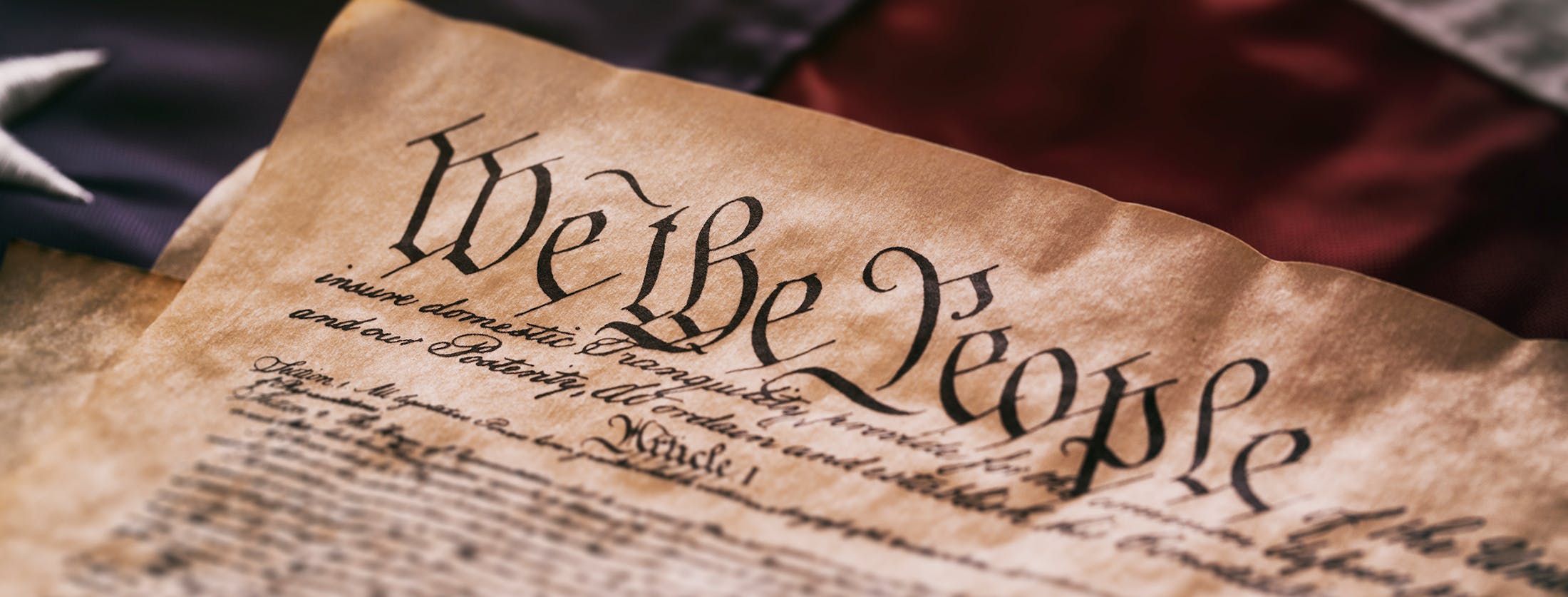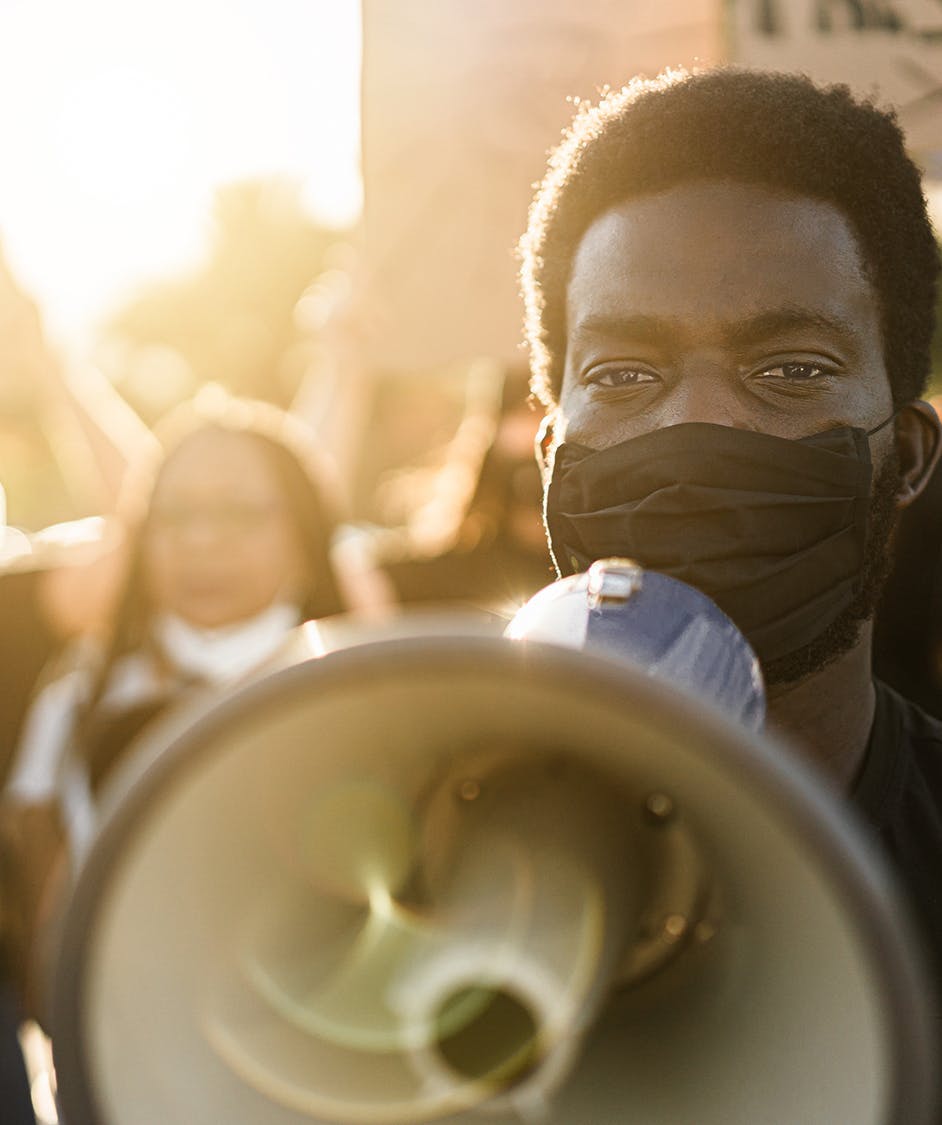What do civil rights attorneys do?
As civil rights lawyers, we work to protect our clients through civil lawsuits in state and federal court to challenge the violation of your rights by the government. A major part of our practice involves police misconduct, including,
- The use of excessive or deadly force during an arrest,
- False arrest and false imprisonment,
- Unlawful or malicious prosecution and
- The mistreatment of persons held in custody in county jails and state and federal prison.
Our legal team is vigilant in protecting all your civil rights, including your right to
- Petition the government
- Freedom of speech
- Freedom of religion
- Freedom of assembly
- Procedural due process
- Freedom from discrimination on the basis of sex, race, national origin, or other protected classes






